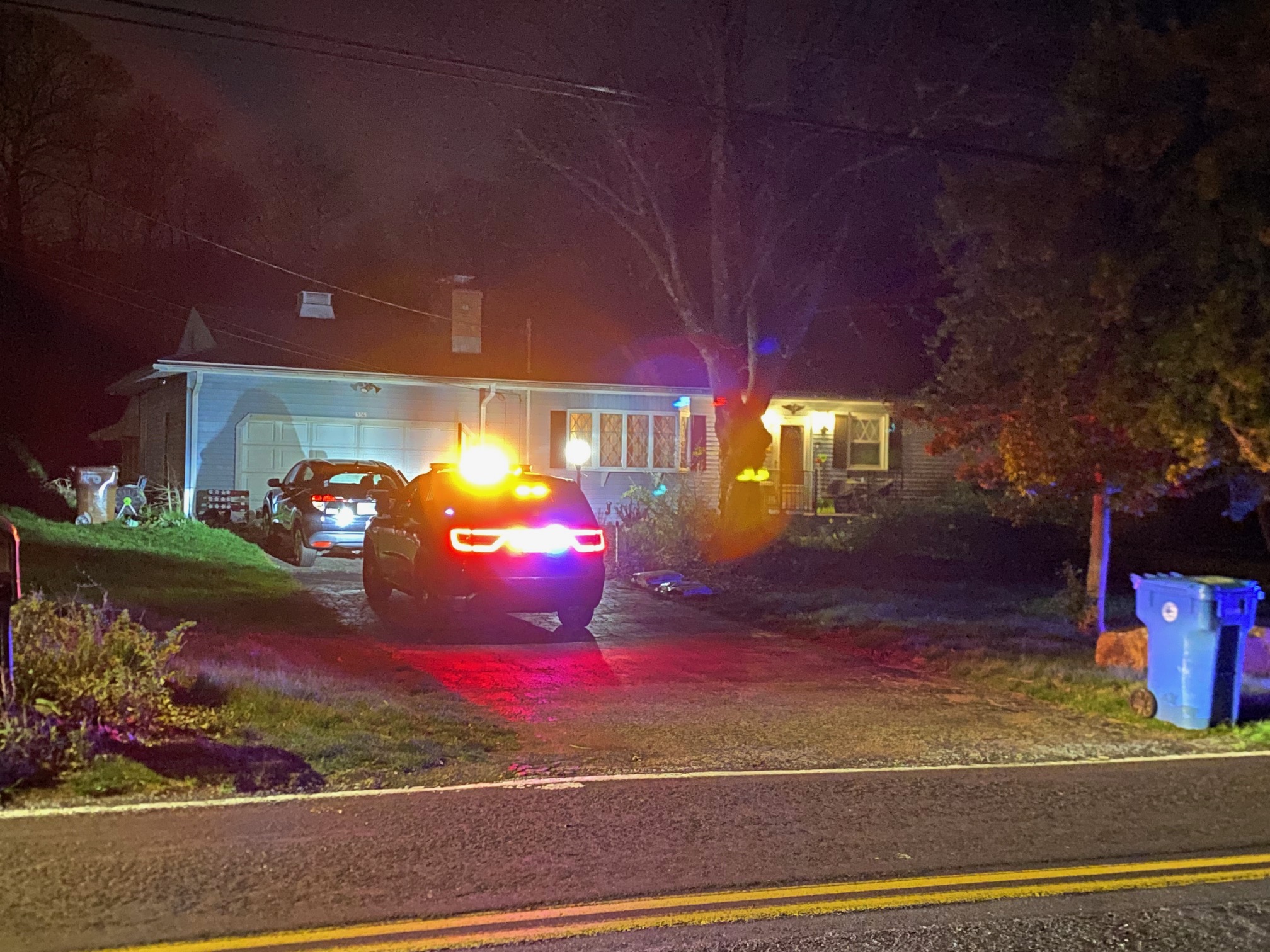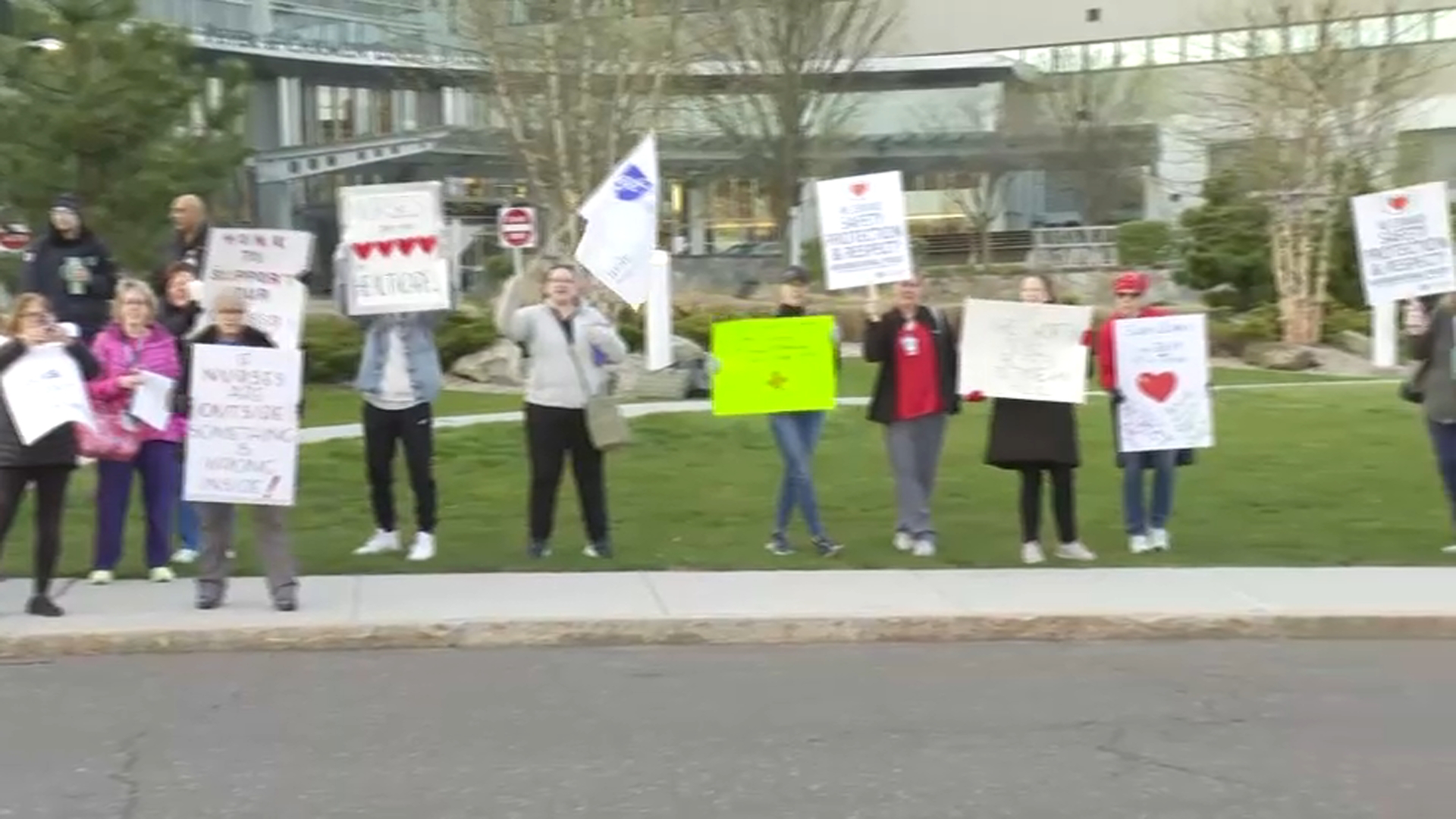A judge has decided there is probable cause to try Charles Buck for the death of his schoolteacher wife in 2002 based on circumstantial evidence.
On May 4, 2002, Charles Buck called Stonington Police. He had found his wife, Leslie Buck, at the bottom of a staircase in their home on Masons Island Road in Mystic, he told police.
Paramedics arrived and pronounced her dead at the scene. From there, the case went cold, until almost seven years later.
In January, police arrested Charles Buck and charged him with his wife’s murder.
The coroner determined Leslie Buck was first hit in her forehead with a blunt object consistent with a one-inch-thick piece of electrical cable Charles Buck was said to carry around for protection.
Prosecutors and police say he hit her in the head and she fell down their stairs, landing right where Buck showed NBC Connecticut he found her in May 2002.
Charles Buck denies killing his wife and his defense has argued that there is no evidence of a murder.
Local
Buck’s lawyer, Hubert Santos, assured Judge Susan Handy Thursday that he would present expert witnesses to say Leslie Buck's death was an accident, not a murder.
He entered a plea for Charles Buck of not guilty and left the courthouse without comment.
At the time Buck was arrested in January, state police did not publicly release the new findings led to his arrest.
"All they have is circumstantial evidence," said Donald Beebe, Buck's attorney, said at the time. "They have no confession."
In June, closing arguments were made in the probable cause hearing and the judge said she would rule in July whether Charles Buck should be tried for his wife’s slaying. The judge decided Thursday he should.
The details of the case are strange.
Two days before Leslie Buck was killed, she had escaped from a kidnapper and returned home.
Russell Kirby, a handyman who worked for Charles Buck, was charged in the kidnapping and was in police custody at the time of Leslie's death. Court documents state that this case is on the trial list.
Buck’s bond was set at $2.5 million and the court had ordered the arrest warrant application sealed.



